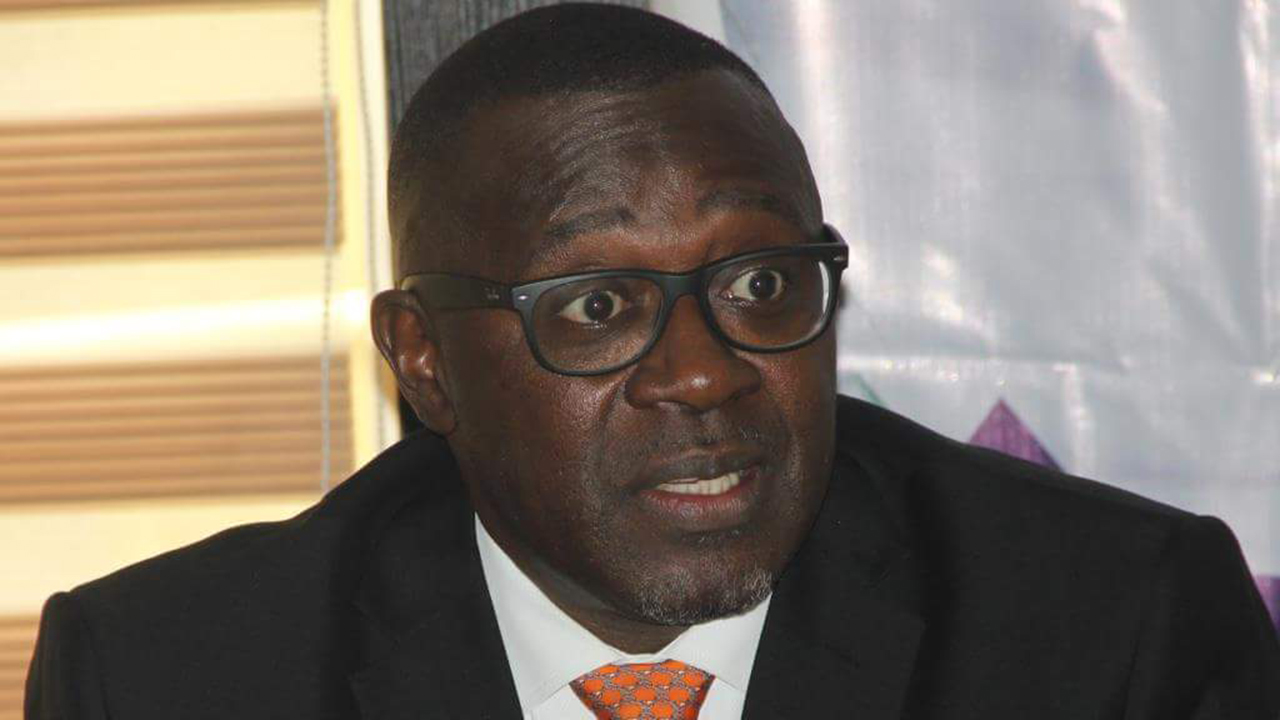
It began with a surreptitious effort to regulate the social media.
That was later followed by a curious piece of contemplated legislation to regulate the activities of non-governmental organisations.
The reason given by the proponents of that legislative initiative was that it was a sure way to check terrorism funding and inflow of illicit funds into the country.
While those curious efforts fizzled out or went into the cooler, it is as if those interested in shackling Nigerians’ fundamental and constitutional rights of free speech and association, seem not to show signs of giving up.
Just last month, the Nigerian Press Organisation (NPO), including the Newspaper Proprietors’ Association of Nigeria (NPAN), the Guild of Editors and the Nigerian Union of Journalists (NUJ), among other media stakeholders, expressed misgivings about the intendments of a proposed Nigerian Press Council Bill 2018.
At a meeting in Abuja, the organisation renounced the bill, saying it was not only draconian, but also a gross violation of the constitution and the rule of law.
NPO was particularly piqued at the potential of the Press Council bill to shackle “free speech, press freedom, media independence, safety of journalists and the right to operate as a business in accordance with the laws of the Federal Republic of Nigeria.”
In its communication after the meeting, NPO stated: “The bill is, for all intents and purposes, draconian and anti-press freedom being an amalgamation of the obnoxious Public Officers Protection Against False accusation Decree No. 4 of 1984 and the Newspapers Registration Decree 43 of 1993, both vestiges of the dark days of military rule and therefore incurably and irreparably bad, being also inconsistent with values of our democratic society.”
But, while the NPO tangled with the initiators of the press council bill, another threat from the Federal Government against press freedom reared its head.
This time the government through the National Broadcasting Corporation (NBC) targeted a total of 106 radio and television stations.
Coming under the alleged failure to settle a debt of N4, 517, 535, 961 owed NBC, the commission kept the names of affected stations to itself.
Shrouding such a sensitive decision in secrecy increased public perception of grand plan by the Federal Government to curb the freedom of Nigerians to information similar to what Turkey did in the aftermath of a failed military overthrow of the government.
According to Mrs. Maimuna Jimada, the NBC head of public affairs, who disclosed the plan to journalists, the debtor organisations were given three weeks’ notice to clear the debts or risk shutting down of their stations.
NBC also accused AIT and Raypower FM of exceeding its transmitting threshold of 100.5Hz.
But AIT and Raypower FM had through its Group Managing Director, Mr. Tony Akiotu, accused NBC of doing the biding of the current Federal Government, which it said was against critical stations.
The company recalled that the NBC was continuing similar onslaught on the television and radio stations it attempted immediately President Muhammadu Buhari mounted the saddle in 2015, alleging that the company was invited on a number occasions to “drop some presenters or tone down the vibrancy of the programme.”
Dismissing NBC’s claim that AIT and Raypower FM exceeded the allowed band occupany limit, Akiotu said: “We were intimidated amid attempts to muzzle and stifle our constitutionally guaranteed freedom of expression.”
Throwback
PRESIDENT Buhari had in an interaction with some journalists blamed them for being too inquisitive, saying he finds their activities meddlesome.
In his first coming as military head of state, the obnoxious decree 4 was promulgated under which two journalists from The Guardian, namely, Tunde Thompson and Nduka Irabor, were jailed for writing a report that was factually true, but ‘embarrassed’ the military administration.
The fascist connotations of the various attempts to interfere with the freedom of media practitioners and information flow could therefore be seen from the past activities of the major actors in the current Federal Government.
While it campaigned to dethrone the Peoples Democratic Party (PDP), it is on record that the APC employed all manner of abuse of the social media to make the administration of President Goodluck Jonathan look bad in the eyes of Nigerians.
The creeping fascism, which the attempts to clamp down on free speech signposted could be understood when viewed against the backcloth of the possible implication of social liberty on next year’s poll.
The general impression among citizens is that the Federal Government has performed below average.
Moreover, young graduates who looked forward for the million jobs promised by APC found succor in their smart phones as they clicked away, creating funny images the general despair in the country.
And knowing that it was able to defeat PDP with the help of social media messaging, the APC-led administration must have decided on waking the spectre of decree 4 to frighten journalists and purveyors of popular culture so as to avert a woeful defeat in next year’s election.
Whatever happens, the Buhari administration seems to be challenging Nigerians to choose between democracy and fascism.
The recent siege laid to the National Assembly was curtailed by citizens journalism and pervasive influence of social media.
Government has shown in gesture and comportment that it is not comfortable with the dictates of open society.
Freedoms, both of speech and for the press remain the defining features of democratic system of government.
As such, regardless of the pernicious or negative uses media could be subjected to curtailing social freedom is tantamount to dismantling democracy.
After all, there are sufficient extant laws on libel and defamation.
[ad unit=2]



